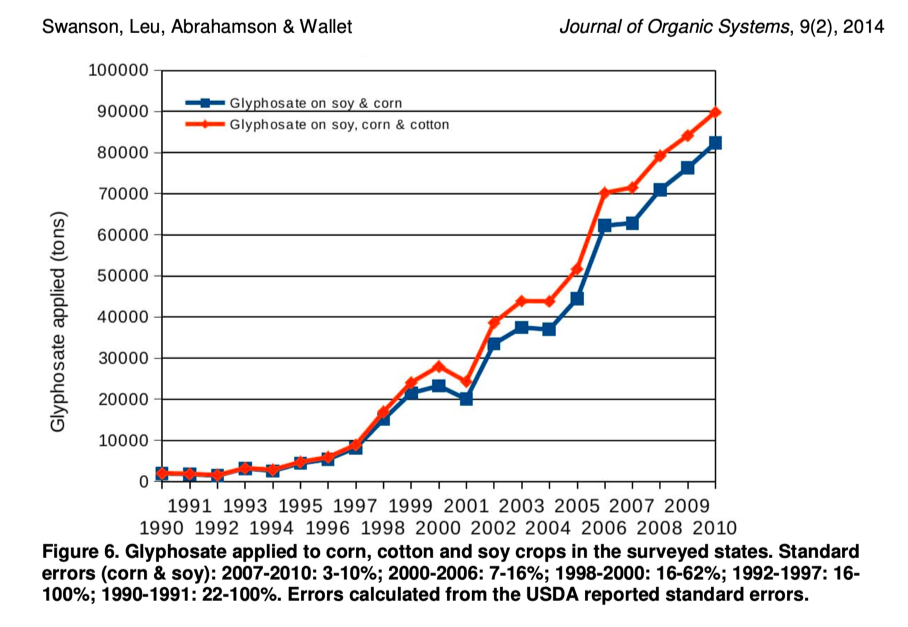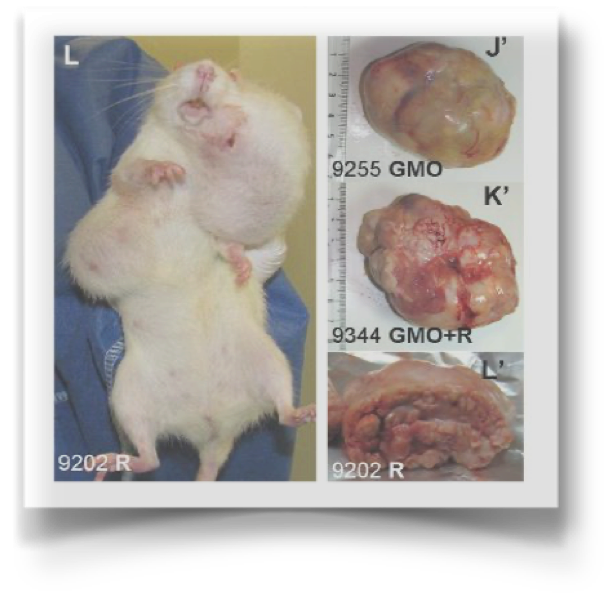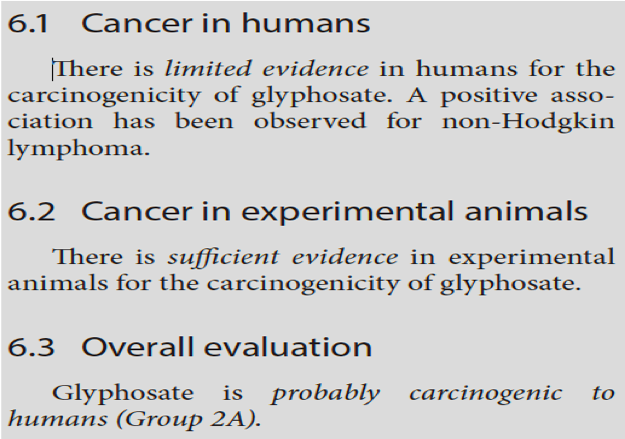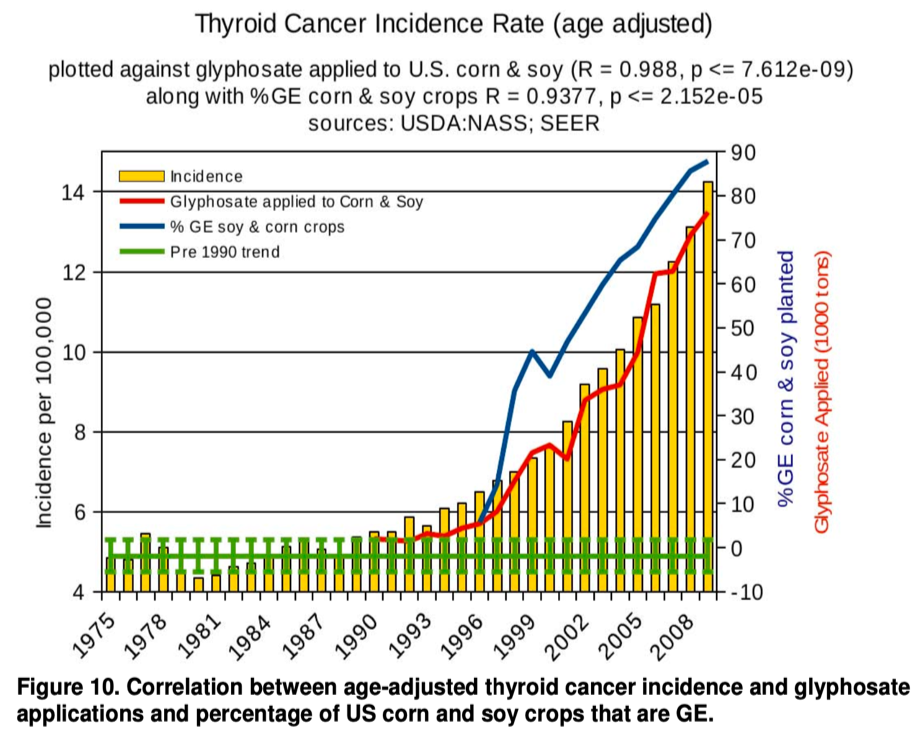“Regenerative agriculture and animal husbandry is the next and higher stage of organic food and farming, not only free from toxic pesticides, GMOs, chemical fertilizers, and factory farm production, and therefore good for human health; but also regenerative in terms of the health of the soil.” Ronnie Cummins
Bayer/ Monsanto, Syngenta, and other members of the poison cartel are trying to greenwash their toxic industrial farming systems by hijacking Regenerative Agriculture.
The Opposite of Regenerative is Degenerative
By definition, agricultural systems that use Degenerative practices and inputs that damage the environment, soil, and health and involve animal cruelty, such as synthetic toxic pesticides, synthetic water-soluble fertilizers, genetically modified organisms, confined animal feeding operations, and destructive tillage systems, are not Regenerative.
They must be called out as Degenerative Agriculture.
The poison cartels justify these degenerative systems by saying their ‘precision farming’ techniques are reducing the environmental impact of their pesticides. This is an outright lie. The evidence shows that the amounts, environmental contamination, and negative impacts on human health of toxic, synthetic pesticides have increased.
The introduction of genetically modified crops such as Corn, Cotton, and Soy has resulted in a rapid increase in the use of glyphosate and other toxic herbicides

The above graph shows that the use of glyphosate, the active ingredient of Roundup, rocketed upwards in the late 1990s when Roundup-ready GMO crops were introduced.
The only credible, independent, non-industry funded, peer-reviewed lifetime feeding study of GMOs and Roundup was published by Séralini et al. It found mammary and other tumors, liver and kidney damage resulting from regular exposure to minute amounts of Roundup or a diet containing GMO corn or both – similar to the typical exposure from non-organic foods.

The image above is of a rat with large mammary tumors due to consuming glyphosate at the usual levels found in non-organic foods. The tumors on the right-hand side, starting from the top, result from just eating GMO corn, GMO corn with Roundup, and just Roundup.
All the female rats in the study that were fed GMOs or Roundup or both (Treated Group) developed mammary tumors and died earlier than those fed non-GMO food without Roundup (Control Group), except for one rat who died early of an ovarian tumor.
Treated males had four times the number of tumors that were large enough to be felt by hand than the controls, and these occurred up to six hundred days earlier.
The International Agency for Research on Cancer reviewed numerous scientific studies on glyphosate, giving it the second-highest rating for Cancer – Group 2A. They found sufficient evidence of animal cancers, such as thyroid cancer, and limited evidence of human cancers, most notably non-Hodgkin lymphoma.

Dr. Nancy Swanson, myself, and co-authors published a peer-reviewed paper, “Genetically engineered crops, glyphosate and the deterioration of health in the United States of America,” showing how glyphosate and GMOs are linked to over 20 chronic diseases in the U.S. The increase in thyroid cancer was one of them.

There are thousands of studies showing the damaging effects of synthetic pesticides, chemical fertilizers, and GMOs on the environment and human health. These toxic inputs are clearly degenerative and have no place in regenerative agriculture.
The Founders of Regeneration International Started the Global Regeneration Revolution
Leaders of the organic, agroecology, holistic management, environment, and natural health movements started Regeneration International as a genuinely inclusive and representative umbrella organization in 2015. Hardly anyone had heard of regenerative agriculture before then. It is in the news every day worldwide now because of our initial actions.
The founding steering committee included Dr. Vandana Shiva from Navdanya, Ronnie Cummins from the Organic Consumers Association, Dr. Hans Herren from The Millennium Institute, Steve Rye from Mercola, and myself, Dr. André Leu, President of IFOAM-Organics International at that time. It was soon expanded to include relevant leaders from every continent.
We are the largest and most significant regenerative organization on the planet, with 500 partners in over 70 countries in Africa, Asia, Latin America, Australasia, the Pacific, North America, and Europe.
Regeneration International has a mission to promote, facilitate and accelerate the global transition to regenerative food, farming, and land management to regenerate the environment and climate and end world hunger. We must rebuild deteriorated social, ecological, and economic systems.
As the founders of the international regenerative agriculture movement, we will continue to lead, and we will call out attempts to hijack and greenwash for what it is – Degenerative Agriculture by toxic degenerative corporations.




